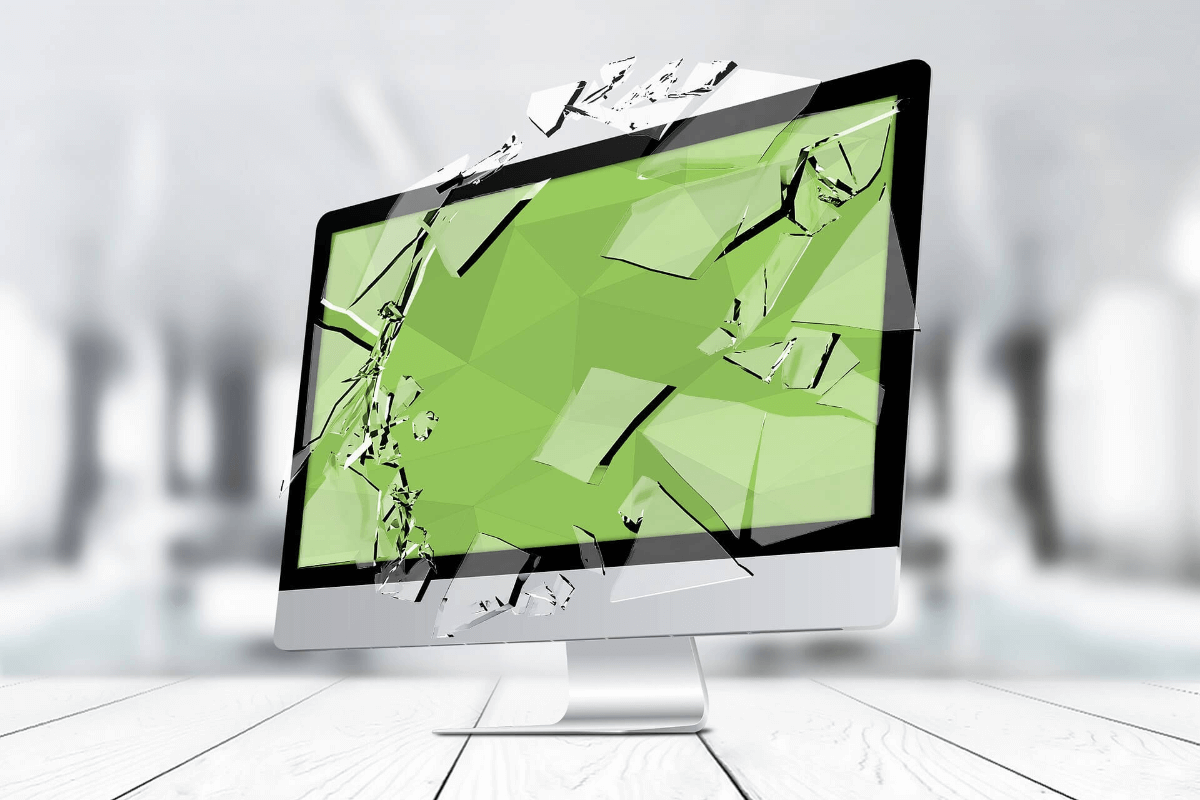Hard Drive Failure: Signs
As technology advances, more and more people are relying on computers to store their precious data. Among all the components in the computer, the hard drive is the one that holds all the data. However, hard drives can fail and when they do, it can be devastating for the user. In this article, we will take a look at the most common causes of hard drive failure and how to prevent it from happening.

The Causes of Hard Drive Failure
There are several causes of hard drive failure. One of the most common causes is physical damage to the drive. This can occur due to various reasons such as drops, bumps, and accidents. When a hard drive is physically damaged, the disk platters can be scratched, causing the drive to malfunction.
Another common cause of hard drive failure is overheating. When a computer is subjected to high temperatures for an extended period of time, the hard drive can fail. The heat can cause the electronic components of the drive to degrade, resulting in malfunction.
Disk corruption is also a common cause of hard drive failure. This occurs when the data on the hard drive becomes unreadable. This can be caused by viruses, firmware bugs, or other software issue.
Age is another factor that can contribute to hard drive failure. Over time, the components of the hard drive will degrade and eventually fail. This is especially true for mechanical hard drives, which have moving parts that wear out over time.
Preventing Hard Drive Failure
While hard drive failure is inevitable, there are steps that you can take to prevent it from happening. One of the most important things you can do is to back up your data regularly. This way, if your hard drive fails, you won't lose all your data.
Another way to prevent hard drive failure is to keep your computer cool. This can be done by using a cooling pad or keeping your computer in a well-ventilated area. You should also avoid exposing your computer to extreme temperatures.
Regularly scanning your computer for viruses and malware is also a good way to prevent hard drive failure. This will ensure that any viruses are caught and removed before they have a chance to corrupt your data.
Finally, you should be mindful of the age of your hard drive. If your hard drive is more than five years old, you may want to consider replacing it. This will help prevent data loss due to mechanical failure.
Conclusion
Hard drive failure can be devastating, especially if you lose all your data. However, by understanding the common causes of hard drive failure and taking the necessary steps to prevent it, you can avoid this nightmare. Remember to back up your data regularly, keep your computer cool, scan for viruses and malware, and be mindful of the age of your hard drive.
